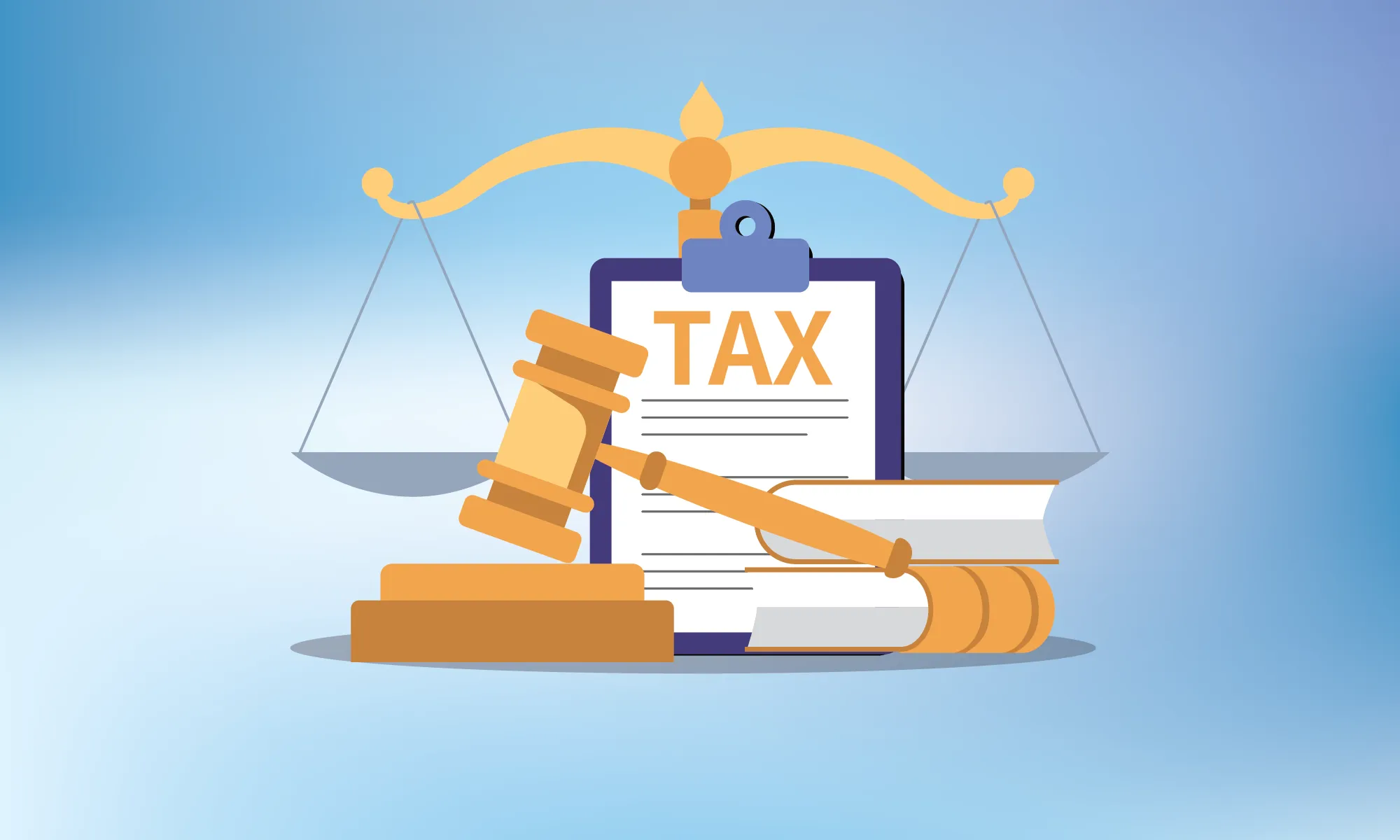Greece
E-invoicing Guide
Summary
E-Invoicing
E-invoicing is voluntary
Digital Reporting
Yes
Greece Electronic Invoicing and Digital Reporting Requirements
Background
Electronic invoicing is allowed in Greece, but not mandatory. Greek-established businesses may issue invoices either in paper or electronic form.
Greek taxpayers have two options for issuing and exchanging e-invoices:
- Use services of a locally accredited myDATA Agent who may or may not be supporting the taxpayer with myDATA reporting obligations; or
- Use services of any e-invoicing service provider preferred by the taxpayer, irrespective of whether the Greek taxpayer uses services of ERP/accounting software or myDATA Agent to fulfil the myDATA reporting obligations.
Even though there is no e-invoicing mandate in Greece, there is an e-bookkeeping (e-accounting) obligation called MyData. Taxpayers must submit their accounting data to the MyData platform in real-time or periodically. MyData platform populates accounting books of taxpayers through the data reported. Ledger entries and sales & purchase invoices are recorded in Mydata books.
What Types of Businesses Does This Apply to?
All Greek companies must use the myDATA platform for tax returns and bookkeeping as of November 1, 2021.
Governmental Body Responsible for E-invoicing in Greece
What do the e-invoicing and MyData (e-bookkeeping) processes in Greece look like?
- E-invoicing is the transfer of electronic invoices between suppliers and buyers. It is allowed but not mandatory for business-to-business and business-to-government transactions in Greece. Through the Peppol network, suppliers can send and receive e-invoices globally using the Peppol BIS Billing 3.0 and European standards.
- Greece enabled “MyData” platform under the Independent Authority of Public Revenue and the platform is used for e-bookkeeping.
- Taxpayers must submit their accounting data to the MyData platform in real-time or periodically. MyData platform populates the accounting books of taxpayers through the data reported. Ledger entries and sales & purchase invoices are recorded in Mydata books.
- Record Book This contains revenue and expense documents, the classification of these documents, as well as accounting adjustment entries.
- Summary Book This document reflects combined tax and accounting results based on information from the Record Book.
- These books are checked against the VAT returns by the IAPR. Taxpayers will have 2 months to correct any discrepancies that may be detected and thus avoid tax audits.
Is SAF-T Needed in Greece?
- No.
E-Invoicing & Global Tax Automation with Fonoa
One way to comply with Digital Reporting Requirements in Romania is to use a provider like Fonoa.
With Fonoa you can:
- Have one integration for your global needs, including Romania
- Save time and money by automatically cleaning your data to minimize errors and manual work
- Utilize our validation mechanisms to ensure reporting accuracy, data completeness, full control, and compliance
- Rest assured that transactions are successfully reported or queued for internal investigation with our retry mechanisms
- Get full visibility with our dashboards by filtering criteria, analyzing granular transaction data, and quickly importing /exporting information
Disclaimer on Tax Advice
Fonoa does not provide professional tax opinions or tax management advice specific to the facts and circumstances of your business and that your use of the Specification, Site, and In addition, due to rapidly changing tax rates and regulations that require interpretation by your qualified tax professionals, you bear full responsibility to determine the applicability of the output generated by the Specification and Services and to confirm its accuracy. No professional tax opinion and advice. Fonoa does not provide professional tax opinions or tax management advice specific to the facts and circumstances of your business and that your use of the Specification, Site, and In addition, due to rapidly changing tax rates and regulations that require interpretation by your qualified tax professionals, you bear full responsibility to determine the applicability of the output generated by the Specification and Services and to confirm its accuracy.










